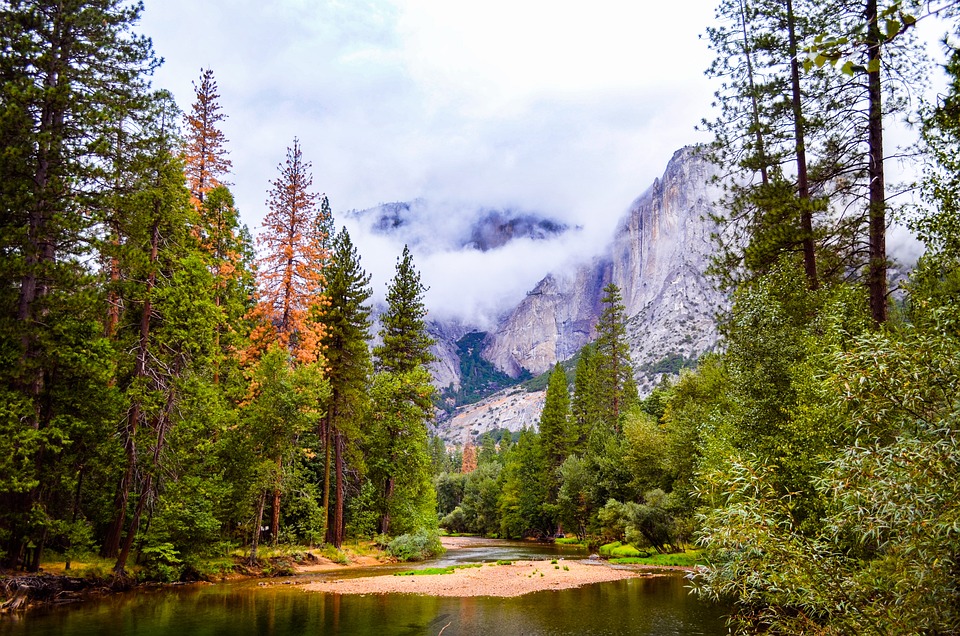Hot Weather Camping: Explore Nature’s Hot Spots Without Melting Away
Introduction
Camping is a wonderful way to reconnect with nature and escape from the hustle and bustle of everyday life.
While many people prefer camping during cooler months, hot weather camping can offer a unique experience and open doors to beautiful destinations that flourish under the summer sun.
With proper preparation and a few tricks up your sleeve, you can explore nature’s hot spots without melting away.
Choosing the Right Destination
When camping in hot weather, it is essential to select a suitable destination.
Look for campgrounds or areas that have a good amount of shade, natural water sources like lakes or rivers, and opportunities for swimming or water activities.
Being close to water not only allows you to cool off but also provides a refreshing recreational opportunity.
Planning Your Gear
Packing the right gear is crucial for hot weather camping.
Opt for a lightweight and breathable tent that provides ample ventilation.
Consider investing in a good quality sleeping bag designed for warmer temperatures.
Additionally, pack lightweight clothing made from moisture-wicking fabrics to keep you cool and comfortable throughout your trip.
Staying Hydrated
One of the most important aspects of camping in hot weather is staying properly hydrated.
Make sure to bring plenty of water and consider carrying a water purifier or filter to replenish your supply during your trip.
It’s also a good idea to bring electrolyte-rich beverages to replace lost minerals and salts through sweat.
Avoid alcohol and caffeinated beverages that can contribute to dehydration.
Managing the Heat
High temperatures require special attention to avoid heat-related illnesses.
Take frequent breaks in the shade, wear a wide-brimmed hat and sunglasses, and regularly apply sunscreen with a high SPF.
Plan your activities during the cooler parts of the day, such as early morning or late afternoon, and avoid strenuous activities during the hottest hours.
Additionally, make use of cooling techniques like soaking a towel in cold water and placing it on your neck or wrists.
Fire Safety Measures
When camping in hot weather, fire safety becomes even more critical.
Follow local fire regulations and ensure you have a clear understanding of the current fire risk level.
Avoid lighting fires during periods of high fire danger and always fully extinguish your campfire before leaving.
Be mindful of your surroundings and the type of vegetation around your campsite to prevent accidental wildfires.
Respecting Wildlife and Environment
Hot weather can have an impact on wildlife and the environment.
Take extra care to respect the surroundings by avoiding disturbing wildlife, keeping noise levels low, and adhering to leave-no-trace principles.
Be mindful of any fire bans or other environmental restrictions in the area and do your part to protect and preserve the natural beauty of your camping destination.
FAQs
Q: How should I dress for hot weather camping?
A: When camping in hot weather, it is recommended to wear lightweight and breathable clothing made from moisture-wicking fabrics.
Loose-fitting and light-colored clothing helps to reflect sunlight and keep you cooler.
Q: How can I keep insects away during hot weather camping?
A: Insect repellents that contain DEET or picaridin can be effective in keeping insects at bay.
Wearing long-sleeved shirts, pants, and using mosquito nets at your camping site can also provide protection.
Q: Are there any specific precautions I should take when camping with children in hot weather?
A: When camping with children in hot weather, it is crucial to keep them well-hydrated and provide shaded areas for rest.
Apply sunscreen regularly and dress them in lightweight, protective clothing.
Keep a close eye on their activity levels and make sure they are not getting overheated.
Q: Can I still have a campfire during hot weather camping?
A: Campfire regulations vary depending on the location and the current fire risk level.
Always check with local authorities and adhere to any fire bans or restrictions.
If campfires are allowed, be extra cautious, fully extinguish the fire, and never leave it unattended.




